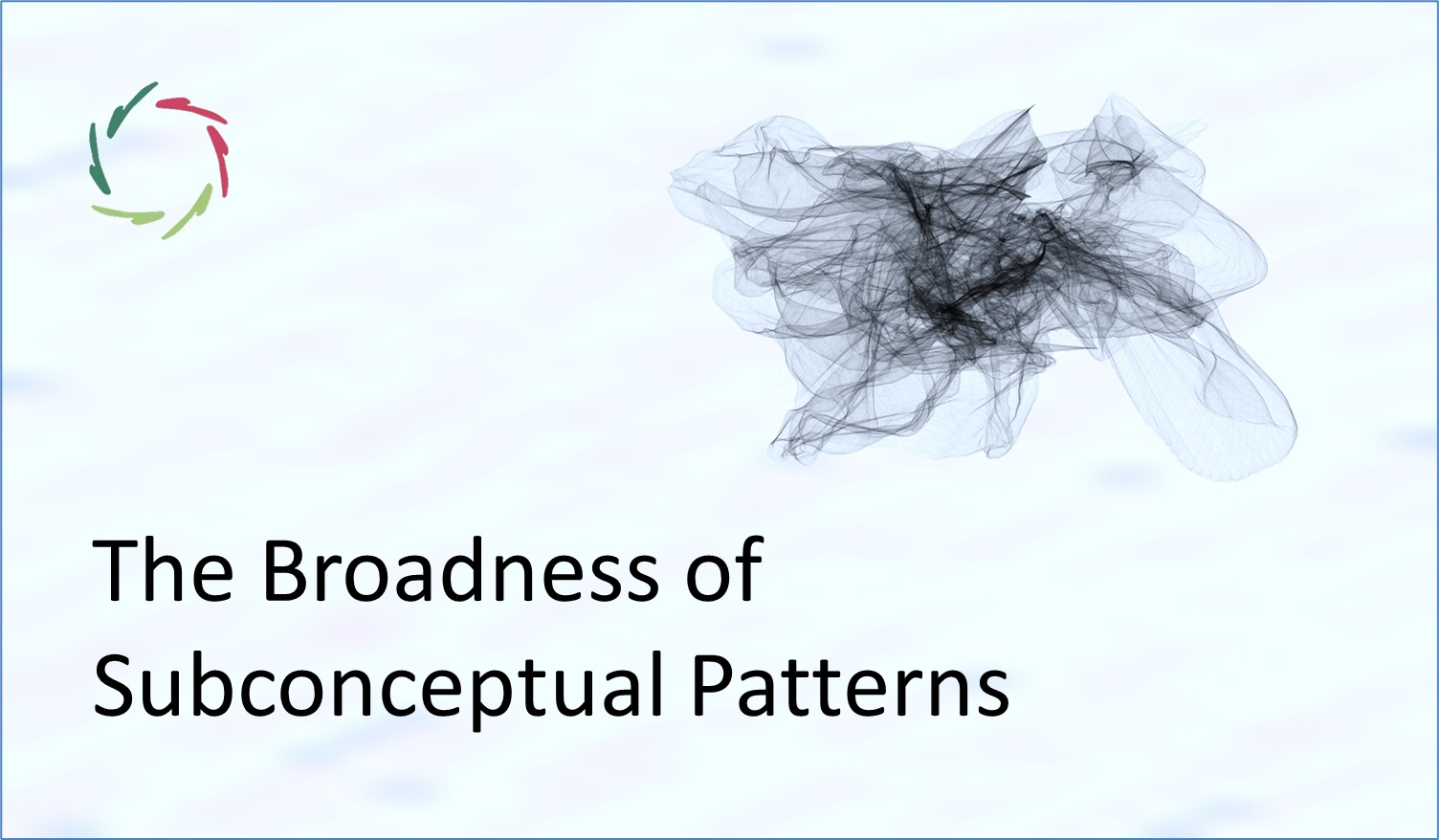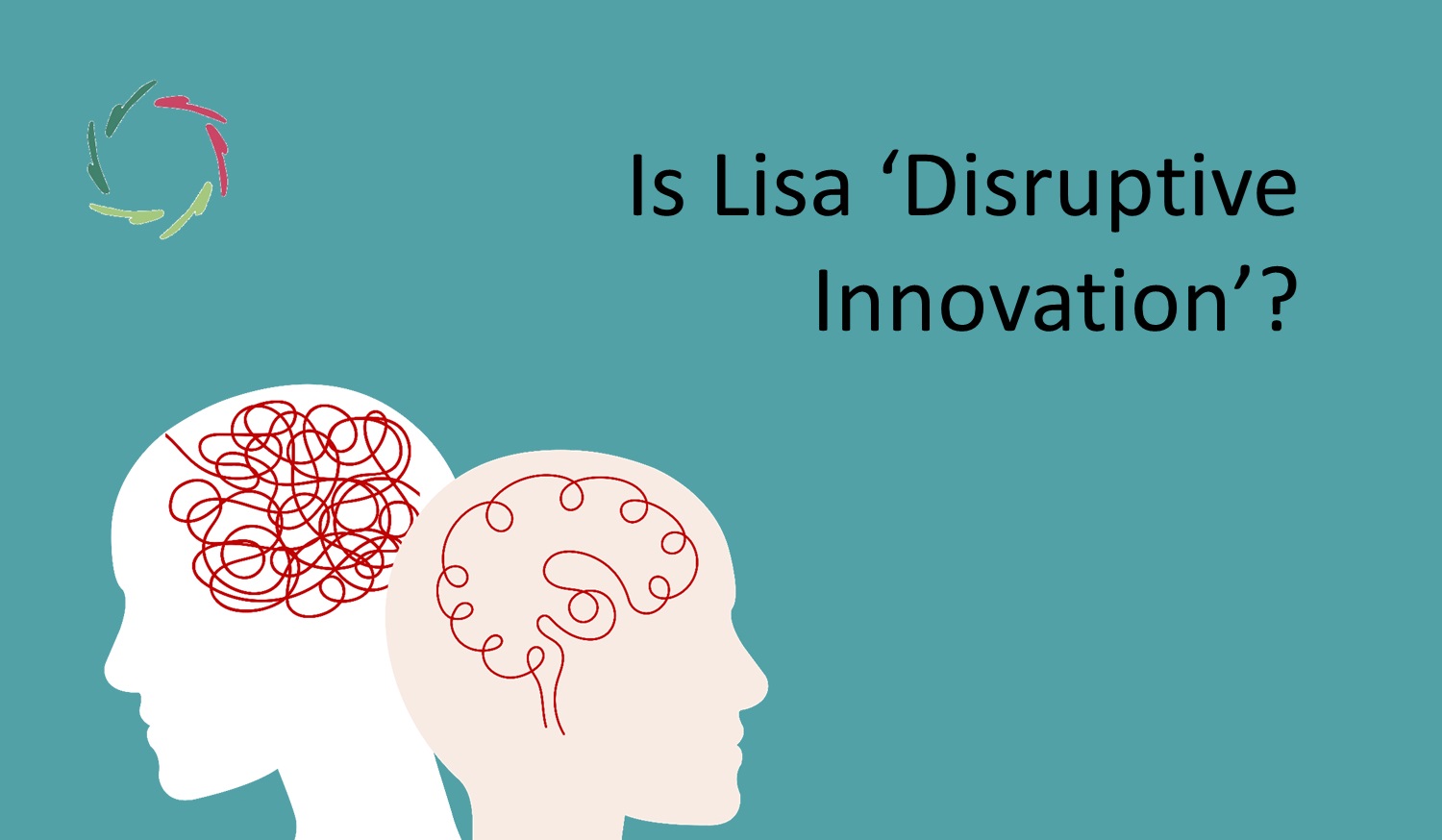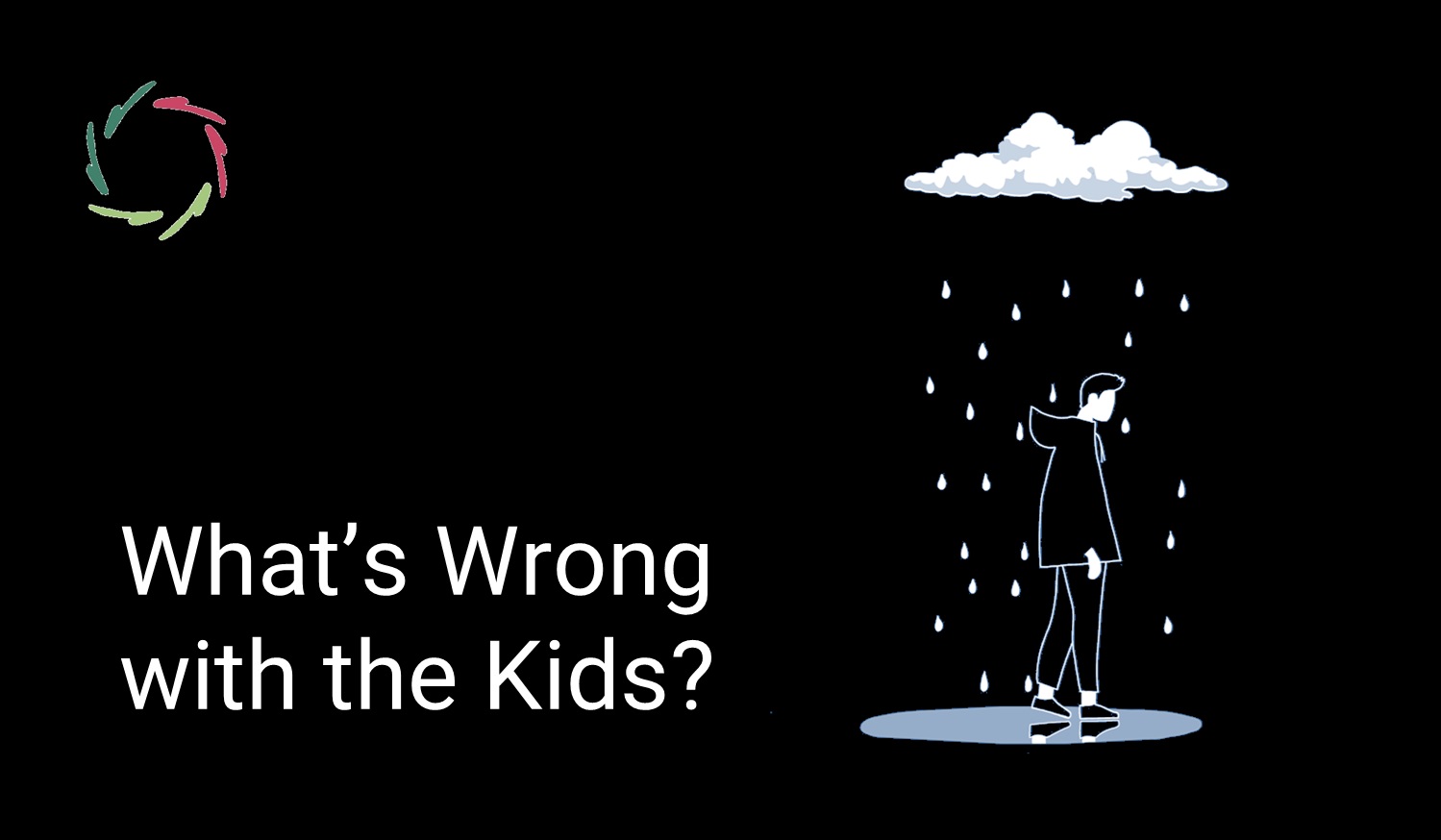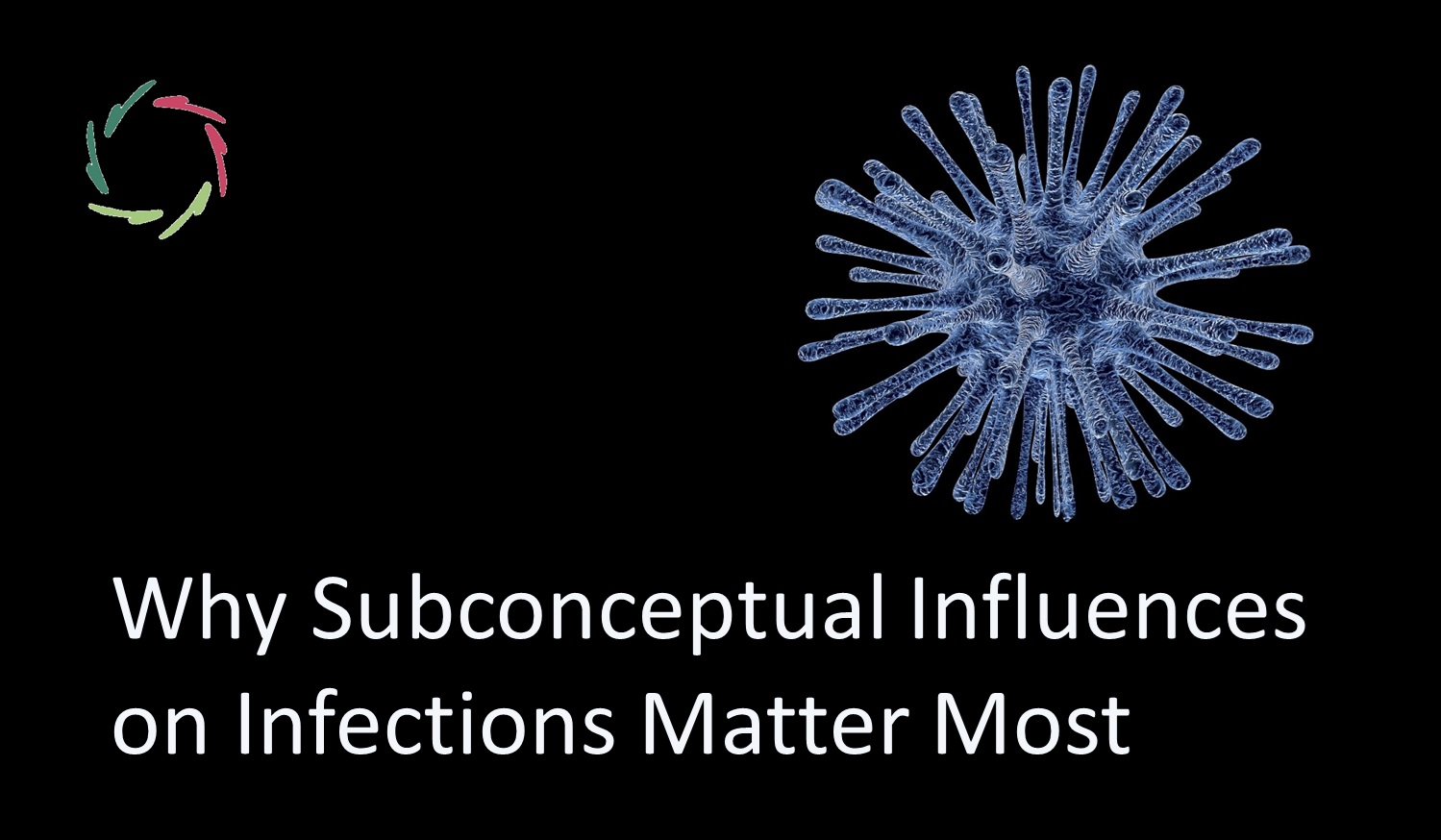
The Broadness of Subconceptual Patterns
The concept of subconceptual patterns in the brain and their role in shaping cognitive and emotional experiences provides a key to understanding the complexity of the human mind. These patterns are distributed across networks of neurons/synapses, each of which does not represent any concept. See Patterns in Neurophysiology, where these patterns are called mental-neuronal patterns Read the full article…

Lisa Coaching as Disease Prevention
Lisa’s coaching offers a unique way to not only address mental and emotional challenges but also provide long-term disease prevention — even when this isn’t the user’s primary goal. In this blog, we explore how Lisa’s coaching naturally contributes to disease prevention by improving mental health, stress resilience, and overall well-being. Holistic health through mental Read the full article…

Stress Impacts Most Diseases
Over decades of research, the link between stress and diseases has become undeniable, influencing both mental and physical health. Stress alters the body’s emotional, behavioral, and neurohormonal systems, which in turn affect vital organs such as the heart and brain, as well as systems like the immune and cardiovascular systems. This blog explores various ways Read the full article…

From Self-Help to Self-Empowerment
Even while one “does it oneself,” self-help frequently comes from the outside. This is in contrast to self-empowerment, which comes from the inside and thereby heightens inner strength. Lisa, as to her AURELIS background, helps coachees gain self-empowerment. Therefore, this is not regular ‘self-help.’ Also, Lisa doesn’t make people dependent on her coaching. The limits Read the full article…

What Defines a Stressful Event?
Stress is often defined by external events – like a big work project or an unexpected life change – but individual perception, shaped by deeper mental patterns, is key to determining what constitutes a stressful event. By combining scientific understanding with AURELIS introspective tools, we can redefine stress and learn to manage it from within. Read the full article…

Can A.I. be Neutral?
I mean, concerning individuation vs. inner dissociation — in other words, total self vs. ego. If we don’t take care, are we doomed to enter a future of ever more ego, engendered by our ‘latest invention’? So, how can we take care? The illusion of neutrality At first glance, A.I. might appear neutral. After all, Read the full article…

Lisa’s Depth of Insight
This is about how advanced technology can be harnessed to develop not just intelligence but profound understanding, particularly in the context of human coaching and support. Unlike traditional A.I., which focuses on delivering precise, factual responses, Lisa’s design goes deeper. Lisa aims to recognize emotional nuances and subconceptual patterns and provide insight that resonates on a Read the full article…

Enhancing Depth of Insight
Enhancing depth of insight is closely tied to fostering growth from within rather than imposing external solutions. Depth of insight involves understanding the non-conscious patterns that shape thoughts, emotions, and actions. This requires openness to self-exploration, allowing insights to emerge from deeper, often non-conscious, mental processes. ‘Depth of insight‘ This refers to the profound understanding Read the full article…

Geopolitics Without Depth of Insight
Geopolitics often seems to lack depth of insight, and this may stem from the complexity of large geopolitical entities that act more like systems than individual beings with true intelligence. This blog explores why this is the case and what factors contribute to this lack of insight. Please read ‘Enhancing Depth of Insight.’ Geopolitics as Read the full article…

How Lisa Manages Conceptual Drift
‘Conceptual drift’ refers to the gradual change or shift in the meaning, interpretation, or boundaries of a concept over time or across different contexts. This blog describes how this plays out with Lisa and why it’s essential to be aware of it. This is especially crucial because Lisa deals with human intelligence and mental health—domains that Read the full article…

Is Lisa ‘Disruptive Innovation’?
It could change everything in mental healthcare — for the better. Lisa may disrupt healthcare as we know it. Somewhat more to the core, Lisa brings the deeper mind into the vast mind-related healthcare gap. Disruption is often seen as a force that shakes up the status quo. It can feel unsettling, especially in fields Read the full article…

Who Needs Lisa?
At first glance, the answer seems simple: everyone. After all, who wouldn’t benefit from a tool that helps them grow, relieve stress, and explore their deeper selves? But let’s reframe the question: Who is aware of this need and willing to take Lisa seriously — or at least curious enough to try it out? If Read the full article…

What’s Wrong with the Kids?
Young generations today are facing unprecedented mental health challenges: anxiety, depression, attention deficits, and disorders like dyslexia are on the rise. This alarming trend leaves us asking: Why is this happening? And what can be done to reverse it? Surface symptoms vs. the deeper cause Many point to obvious factors ― academic pressures, social media, Read the full article…

Sad but Not Depressed
It’s common to confuse sadness and depression, treating them as if they are on the same spectrum, only differing by degree. However, there is a fundamental difference between the two that goes beyond intensity. It’s not simply about feeling ‘a little sad’ versus ‘very sad.’ The confusion between sadness and depression Sadness and depression involve Read the full article…

Lisa for Pandemic Preparedness
The blogs “Mind on Infections“ and “Why Subconceptual Influences on Infections Matter Most“ explore how stress and deeper mental processes affect the body’s ability to fight infections. The present blog ties these insights together to explain how preparing for the next viral pandemic should go beyond the physical and include deeper mental layers. By integrating Read the full article…

Why Subconceptual Influences on Infections Matter Most
Present-day research evidence is clear: emotional distress and psychosocial influences significantly impact our health. However, a deeper layer of influence remains largely underexplored by mainstream research. This deeper dimension involves subconceptual mental processes—those that operate below conscious awareness but can profoundly shape how we respond to infections. Lisa can unlock this deeper understanding, offering practical Read the full article…

Mind on Infections
New research is making the connection between psychological stress and infectious diseases clearer. This blog explores key data on how the mind affects the body’s ability to fight infections. Scientific evidence now shows that chronic stress, negative emotions, and psychosocial factors can weaken the immune system, increasing susceptibility to infections and influencing disease progression. I Read the full article…